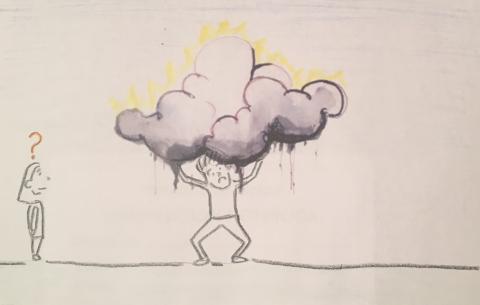Elite Colleges and the Dangerous "Normal"
By Emily KingsleyFebruary 16, 2016 - 01:01

Reading Heather Hollingsworth’s Huffington Post article on college students with intellectual disabilities left me thinking about the nature of elite colleges—their purpose, their symbolic function, and their role in perpetuating dangerous notions of intelligence and normalcy. This was not something that I had considered much before—I had so fully bought into the liberal arts experience that I had never stopped to question the nature of this system or its potential to do serious harm.





